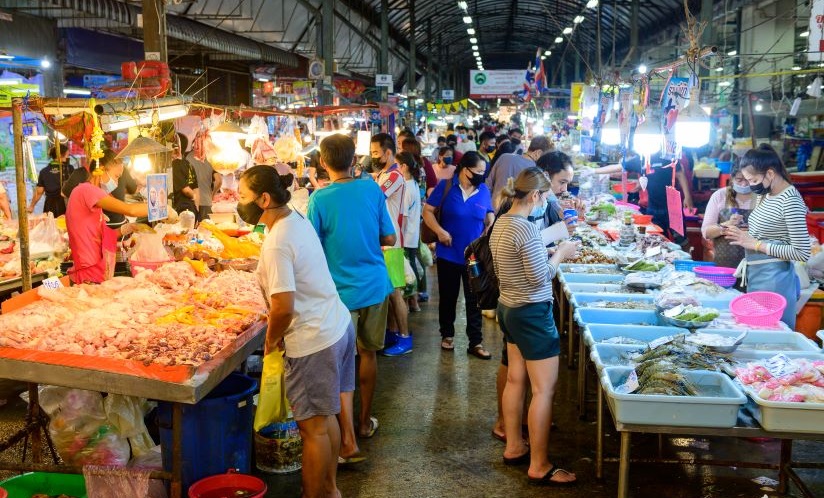Antibiotic Resistance is an Ecological Challenge Around the World, a New Study Reports

By Karina Antenucci
A new study in Frontiers in Ecology and the Environment, “Plugging the leaks: antibiotic resistance at human–animal interfaces in low-resource settings,” led by researchers at Rollins School of Public Health, and including collaborators from five countries, highlights the consequences of poor environmental controls on antibiotic resistance in countries around the globe.
The study team compared stretches of DNA that encode antibiotic resistance genes from E-coli recovered from humans and meat in Cambodia, a middle-income country with unregulated antibiotic use and substantial connectivity between humans and animals.
The Study’s Main Findings
- Widely, bacteria from both humans and animals carried a similar piece of DNA showing resistance to the same antibiotics.
- In areas where water, sanitation, and hygiene infrastructure is lacking, bacterial flow between humans and animals can make the rise and spread of antibiotic-resistant pathogens worse.
- Low- and middle-income countries have many unique points at which bacteria can be exchanged between humans and food animals, including on farms and at markets, that are minimized or non-existent in high-income countries.
Why This Issue is Important
Antibiotic resistance knows no borders. Nearly 5 million deaths globally each year can be attributed to bacteria resistant to antibiotics.
“Once pathogens have acquired new antibiotic resistance genes, they can easily spread between countries by travelers, tourists, migrants, and animals that we raise for food,” says Maya Nadimpalli, PhD, lead author of the study and assistant professor of environmental health at the Rollins School of Public Health.
What Needs to Be Done for Global Health
“Improving environmental controls needs to go hand-in-hand with antibiotic stewardship if we want to address this problem,” says Nadimpalli.


